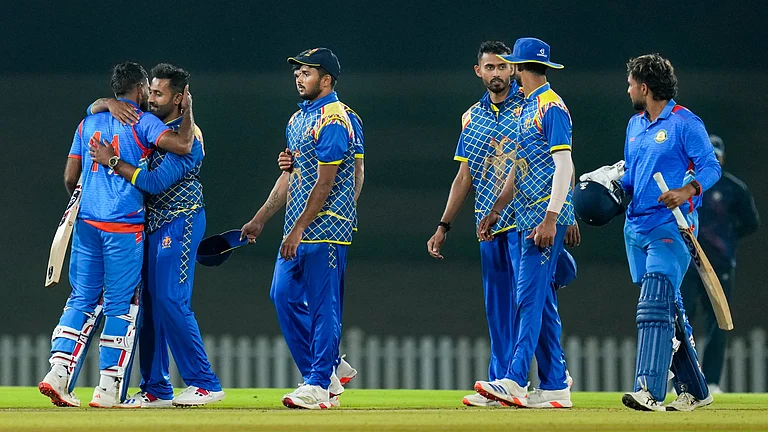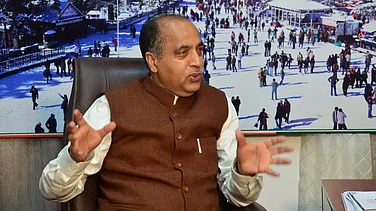The Union Ministry of Health and Family Welfare had reportedly issued a list of measures to for central government hospitals across the country to ensure security of women health professionals at night amid outrage over the rape and murder case of the RG Kar Medical College & Hospital in West Bengal's Kolkata.
The Union health ministry issued the list of security measures on Monday, according to news agency PTI.
The move comes in the backdrop of nationwide protests by resident doctors who have been demanding a special cental law to check violence against healthcare workers following the alleged rape and murder of the trainee doctor at state-run RG Kar Medical College & Hospital in Kolkata. The body of the doctor was found at the seminar hall of the hospital on August 9.
'Map Dark Spots': What Are The Security Measures
In a communication sent to all heads of central government hospitals, the health ministry reportedly asked all such facilities to ensure adequate number of well-secured duty rooms with basic amenities for female health professionals and deployment of women health professionals at night be preferably done in more than one in number.
The health ministry measures said women health professionals should be escorted in premises while on duty and proper arrangements of secured transport should be made for them for any movement at night.
It also called for mapping of dark spots in the campus and adequate lighting in the premises should be ensured particularly in the duty areas of the lady health care staff, parking lots, entryways, etc.
The ministry said that it has been evidenced for a long time that government hospitals are more permeable to the public compared to private facilities, making it easier for unauthorised individuals to enter freely.
"While accessibility is important for providing care, it can also pose security risks. Hospitals sometimes become target by acts of violence, including assault on staff, which can be related to disputes, dissatisfaction with medical care, or external criminal activities. Ensuring safety of healthcare professionals is vital," the ministry said.
The ministry stressed on proper display of relevant penal provisions of the state legislation to prevent violence against healthcare workers in hospital premises.
The ministry said it is advised installing sufficient number of high-resolution CCTV cameras at strategic locations including entrances, exits, corridors, dark spots and sensitive areas.
A control room should be set up in the institute for quick response to an emergent situation. In the control room one admin staff should always be stationed along with security persons, the ministry said.
The ministry asked for employment of adequate number of well trained security guards for proper monitoring/ patrolling/ surveillance of the premises.
It advised that entry and exit should be strictly monitored to allow entry to authorized personnel only.
"Identification badges for staff, patients, and visitors may be issued for easy identification of authorized personnel. Display of I-card by all hospital staff while on duty be made mandatory. Appropriate arrangements be made to ensure that all visitors are monitored," the ministry said in the communication.
More suggestions include
Only one or two attendants be allowed with a patient at any point of time including visiting hours and with an attendant pass only while asking them to devise restricted access to certain areas.
Draw comprehensive plans for tackling various types of emergencies which should be regularly updated and rehearsed, including conduct of periodic mock drills to train staff and security personnel for effective responses in emergency scenarios.
"All hospital staff, including doctors, nurses, and administrative personnel should be trained in recognizing and responding to security threats. They should be equipped with appropriate skills to handle emergency situations effectively," the ministry said.
Public address systems should be devised to quickly disseminate information during emergencies, it stated.
"They should be escorted in premises while on duty and proper arrangement of secured transport should be made for them for any movement at night," it said.
The ministry asked hospital authorities to ensure a coordinated response in case of incidents in close coordination with local police and emergency services. It advised updating security policies based on feedback and incident analysis.
"Adequate number of well secured duty rooms with basic amenities should be provided for female health professionals. Deployment of lady health professionals at night should be preferably done in more than one number.


















.png?w=200&auto=format%2Ccompress&fit=max)







